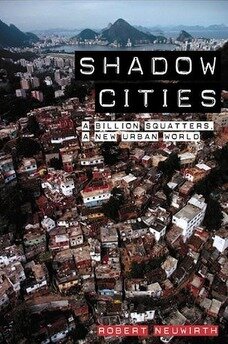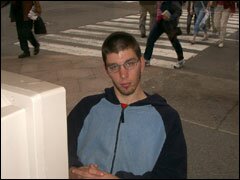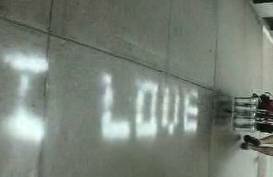Mon 4 Apr 2005

Cory Doctorow writes:
I’ve just finished Robert Neuwirth’s “Shadow Cities: A Billion Squatters, A New Urban World,” a nonfiction account of Neuwirth’s travels through squatter cities and shanty towns on four continents.
The parallels between the squatter story and the copyfight are fascinating. Last month, I gave a talk at a Berkeley law class and one of the students pointed out that when we talk about orphan works and the problem of discovering who has the right to authorize the use of old or obscure creative works, we treat this as a major difference between “intellectual property” and real property; but in the developing world, the ownership of physical land is anything but clear-cut; where you have squatters who’ve been sold deeds to their land by unscrupulous bureaucrats in exchange for votes, or where politicos have issued deeds to their cronies selling title to land that has been occupied for decades, or squatters who are granted title to their land, but who then have to resolve whether the squatter whose home is on the ground floor gets the title, or whether it’s the squatter who’s built her dwelling on the roof; or where you have squatters who’ve built and then rented out their squats to tenants who’ve occupied them for years — who owns that land?
All real-estate begins as “squatting.” Most of the Bay Area’s title deeds represent claims filed by squatters during the gold rush. At some point, every titled parcel of land belonged to no one, but was then fenced in and declared property.
(more…)











